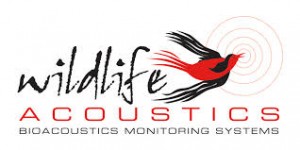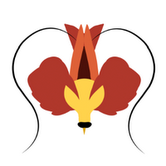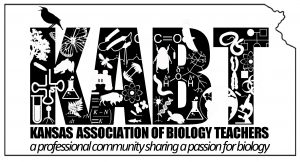NSTA 2014: More Resources
Thanks to Michael Ralph getting things started. I would love to have made it to the epigenetics/arabidopsis workshop that he discuss but there is only so much time in a day. Here are a few of the highlights from my 1 1/2 days at the convention.
Citizen Science with Bats
The world’s leading bat conversation organization, Bat Conservation International (http://batcon.org/) has teamed up with Wildlife Acoustics, a manufacturer of acoustics equipment for field researchers, to produce a product for educators called the Echo Meter Touch, which is a device that can sense ultrasonic wavelength and transfer that information via a user frienldy and free app available for the iPhone and iPad. A promotional video will give you the details.
www.youtube.com/watch?v=jSwagOSSvL0
Written details on the product can be found here: http://www.wildlifeacoustics.com/education. One Echo Meter Touch will set you back $523 and will include the Discover Bats Curriculum Guide produced in conjunction with Bat Conservation International. The only draw back may be the double flipping your classroom so that you can meet your students in the field at dusk to collect some data. If I get around to purchasing my own, I’ll let you know more of what I think. If any of you plan to purchase let me know. It would be a nice thing to test on our KABT Spring Field Trip.
Cornell Lab of Ornithology – Birds-of-Paradise Project
Every since I read David Quammen’s “Song of the Dodo” years ago, I have been interested in the Wallace’s independent discover of natural selection and his observations of the Birds-of-Paradise (a part of the larger story of Island Biogeography). Well now the famed Ornithology Labs at Cornell have developed some curriculum. I have not explored these activities but in the presentation they showed the work by two of their researchers in capturing video of all 39 species. I can’t wait to have some time to check it out.
http://www.birdsofparadiseproject.org/ – This website contains information on the project to document the 39 Birds-of-Paradise
http://www.birdsleuth.org/paradise/ – This site contains the “lessons” that have been developed to teache about the scientific process, natural and sexual selection, and behavior and heritability.




Thanks Eric, looks like some great sessions. The birds of paradise look like a great perspective to present that gives something new to most students’ understanding of evolution (most focus on Darwin’s work only).